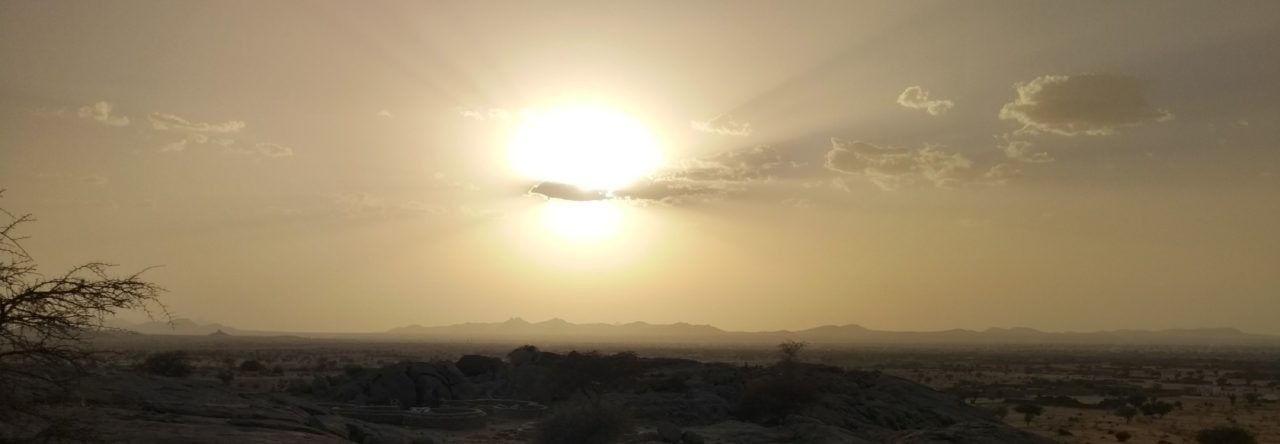Being in the village for almost three weeks had provided many opportunities to examine our own cultural values in light of the culture we have entered. As a young, short-term missionary years ago I learned a saying: It’s not wrong, it’s just different. This is a good first step towards opening our eyes to people from other cultures in effort to understand their mindset and how to best minister to them and share the gospel with them. However, it stops short of helping us really understanding the people we seek to minister as persons created in the image of God. It perpetuates an us vs. them mentality that is not helpful for life on life ministry.
As different as the Makai village people are to us and our way of life, I am recognizing there are many ways we can grow in our own character and as believers by learning and even embracing some of their deep-rooted values. I don’t mean their works-based, fear-based religious beliefs, but some of the deeper cultural values that we in the West have forsaken. Some of my reflections on these things are inspired by Wendell Berry novel I read a few months back called Jayber Crow which really challenged me in ways I am still processing.
Our broader culture, and even the Christian community, often emphasizes fruitfulness and productivity – tangible numbers and results. Yes, God has given us work to do, and this is good. Yet I’m afraid I have lived a lot of my life on a basis of task-oriented productivity, checking off lists in order to feel like my contribution matters, even at the risk of ignoring human relationship and need. Here in the village, and generally in Chad, “henisse” – being together – is of utmost importance. Eating alone, going on a visit alone, doing household tasks alone, spending the evening alone, is viewed negatively. Of course, we want someone with us – all the time!
As a missionary from the West, I have a choice: I can continue to acknowledge that this “henisse” lies in stark contrast to my own cultural value system and figure out how to crate boundaries, barriers, time slots to fit people in to our day. Yet here in the village, there is no framework for that. We have people from 6am in the morning until late in the evening coming in for short or long visits. Some people bring us gifts from their fields, others need help with something practical or medical, others stop by for a short greeting, others sit down for a cup of tea or whatever food they might find served at our home, while still others come to offer to help me wash dishes or rake the yard.
At times in Jesus’ ministry, he sought to get away for prayer, but the crowds would follow Him. Instead of complaining or becoming frustrated, He had compassion on them and gave more of Himself. In Jayber Crow, the main character (Jayber) sees the God-given beauty in everyday, normal interactions amongst the townspeople. Simply being together adds value to their lives in a way that rushing around, fulfilling all the tasks cannot provide.
I had a local lady compare two missionary women recently. It was a Mary and Martha sort of comparison. The one woman was so busy in her kitchen and hardly came to sit with her visitors; the other woman provided the best food she had to offer but also sat with them, giving her visitors the best gift: her time and herself. I think this also has a lot of implications for us as believers, not just as cross-cultural workers, but as team members on the field, or as fellow believers attending the same church. Living out the “one another” commands can’t really happen if we’re so busy rushing around in our task-oriented lives. We must intentionally slow down to consider one another, pray for one another, encourage and build up one another. So, as I receive one more visitor and my natural, fleshly, Western cultural self is tempted to look at my husband and roll my eyes or let out a sigh, I’m trying to remember the significance of giving myself and my time for the sake of the gospel. I’m learning that I have as much to learn from these new friends as they may have to learn from me.

















































